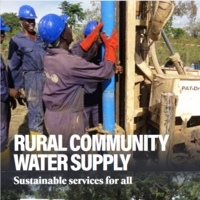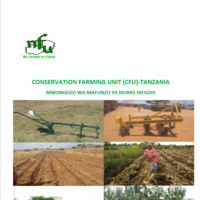Search
Books+
Searching 1,730 books
Search related to the career Land Use Planner
Qualifications for Becoming a Land Use Planner
To become a land use planner, certain qualifications and skills are typically required. These qualifications may vary depending on the specific job requirements and the jurisdiction in which you plan to work. However, the following are some common qualifications sought by employers in the field of land use planning:
1. Education:
A bachelor's degree in urban planning, geography, environmental studies, or a related field is typically required. Some employers may prefer candidates with a master's degree in urban planning or a related discipline.
2. Knowledge of Planning Principles:
A solid understanding of land use planning principles, urban design, zoning regulations, and environmental policies is essential. This includes knowledge of sustainable development practices, transportation planning, and community development.
3. Research and Analytical Skills:
Land use planners need to be able to conduct research, gather data, and analyze information to make informed decisions. Strong analytical skills and the ability to interpret complex data are crucial.
4. Communication and Presentation Skills:
Effective communication skills, both written and verbal, are important for land use planners. They must be able to clearly convey their ideas, write reports, and make presentations to various stakeholders, including government officials, community members, and developers.
5. Problem-Solving Abilities:
Land use planners often face complex challenges and conflicting interests. The ability to think critically, identify problems, and propose creative solutions is vital.
6. GIS and Technical Skills:
Proficiency in Geographic Information Systems (GIS) and other relevant software tools is highly desirable. These skills enable land use planners to analyze spatial data, create maps, and visualize planning scenarios.
7. Legal and Regulatory Knowledge:
Familiarity with land use laws, zoning codes, environmental regulations, and other relevant legislation is necessary. Land use planners must understand how these regulations impact development projects and be able to navigate the permitting and approval processes.
8. Collaboration and Teamwork:
Land use planners often work as part of interdisciplinary teams, collaborating with architects, engineers, environmental specialists, and community members. The ability to work well in a team environment and build consensus is important.
9. Professional Certification:
While not always required, obtaining professional certification can enhance job prospects and demonstrate a commitment to the field. In the United States, the American Institute of Certified Planners (AICP) offers the Certified Planner designation.
It's important to note that specific job requirements may vary, and additional qualifications or experience may be necessary depending on the employer and the nature of the planning work.
Source: Various AI tools
Searched in English.











